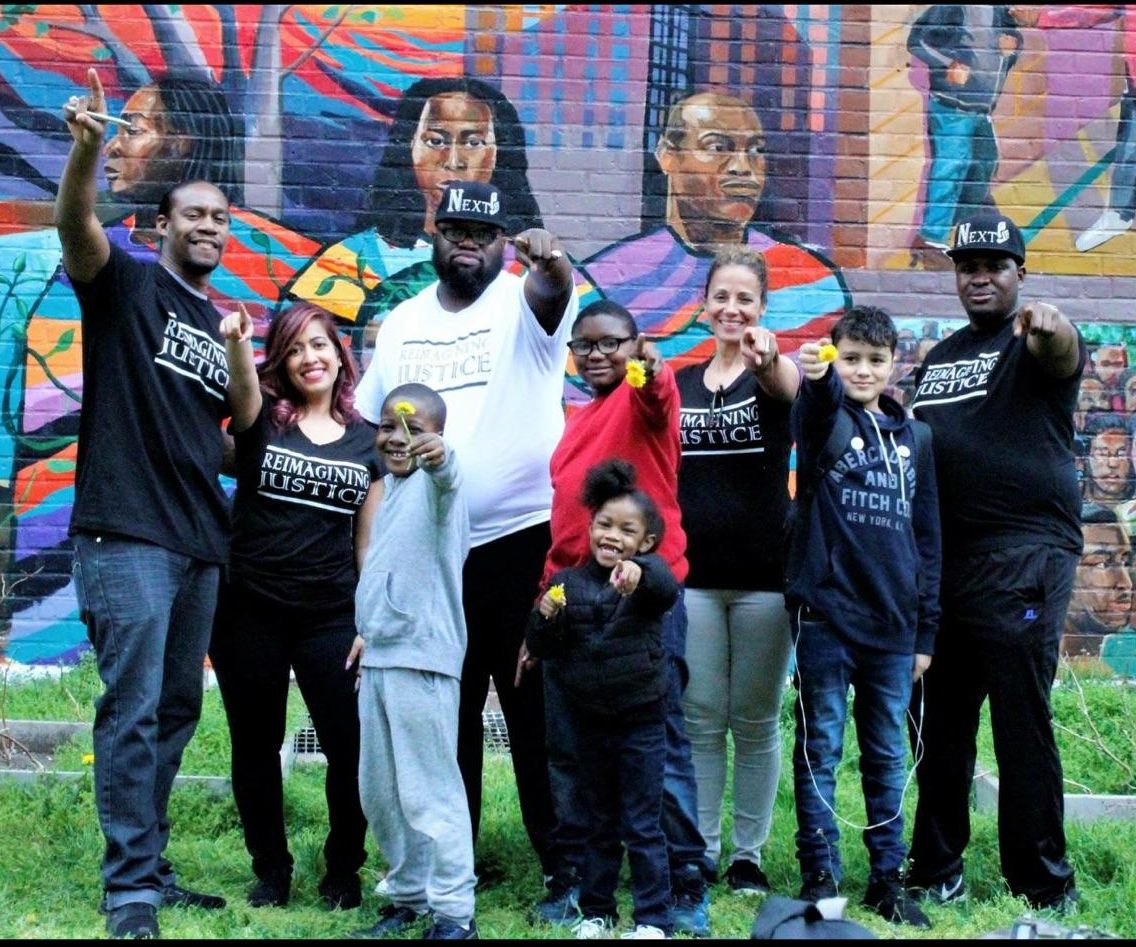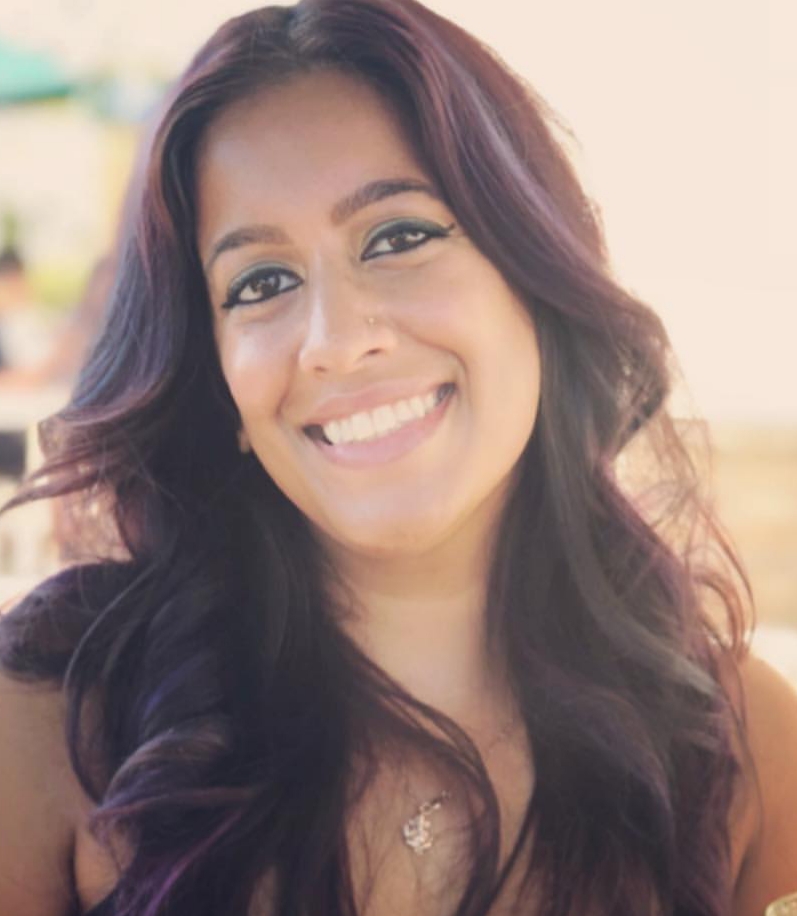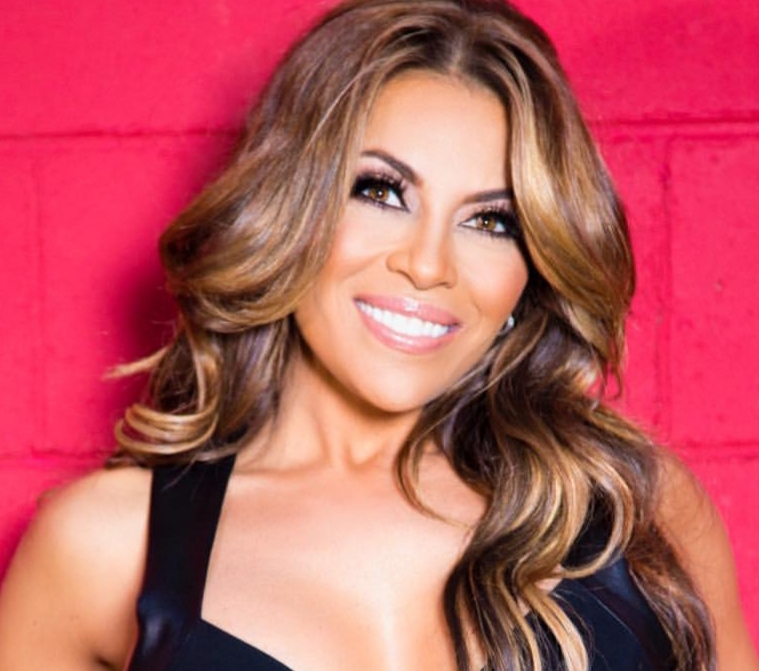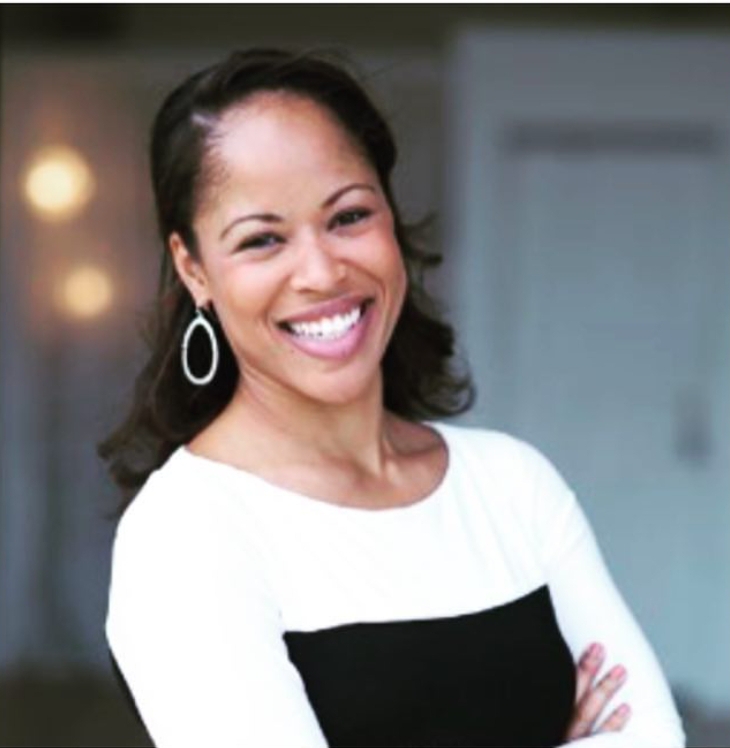Think about growing up in an urban area in the 1980’s as the child of immigrant parents from Bangladesh. You are a minority in the minority group on top of it because there still aren’t too many people who have immigrated over and society doesn’t have much knowledge of the Bangladesh culture. You grow up knowing that your parents witnessed the genocide of Hindus in their country and your mother had to escape and live in the jungle to stay alive. Your parents worked hard to give their siblings a better quality of life and managed to save enough money to bring them over to the U.S. But your parents don’t have much, to begin with, and you feel the financial strain growing up.
That was a brief look inside the childhood of Dr. Liza Chowdhury the professor, author, activist and co-founder of a thriving non-profit organization in New Jersey called “Reimagining Justice.” What makes Dr. Chowdhury so successful is her understanding and ability to reflect and communicate on the path she walked from childhood into adulthood.
Dr. Chowdhury and I lost our home to the same fire on the same day when we were four years old. We both remember the day it happened. I haven’t seen her in 32 years until the day she came into my office for this interview. We crossed paths again through a few degrees of separation on social media a few months ago, and I believe it was fate. After the fire, her family moved around a few times in the same area. Throughout the interview one of the statements she made repeatedly was “my parents worked hard,” “they loved us” and “they did the best they could for us.” Unfortunately, that doesn’t take away from the pressure she felt because she was a child who was coming up in a different culture and her family was trying to keep their original roots intact. This feeling of pressure and criticism began to increase when her relatives came over to the U.S because there was a lot of “people pleasing” for her parents to do. Dr. Chowdhury described not always feeling accepted and was more comfortable around other people of color. She spent time with people who weren’t within her culture or community, and she experienced criticism and name calling for that.
She described herself as a relatively healthy, happy child overall. However, from the age of 8-12 her innocence was taken when she endured sexual abuse from a relative. “At that age you shouldn’t have any sexual thoughts” she recalled. She never reported it to her family or any other authority figures. The last time he tried was when she was 12 and this time he was attempting to rape her. She vividly remembers that day, because that day she fought him off and ran downstairs to a grocery store. The female store owner, who knew her, saw the panic in her face and had asked her if she was ok, but she didn’t answer. The relative came into the store a moment after and made some excuses and comments. Dr. Chowdhury recalls the woman understood in that moment what she had just run from, but didn’t say anything. “She could’ve said something, she could’ve called someone, but she didn’t” says Dr. Chowdhury. When she returned to her apartment a few moments later, the relative was still there and proceeded to tell her she shouldn’t say anything to her parents and that is exactly what she did. She didn’t say a word, until one day when she was 16. She had been arguing with her parents over a boyfriend they found out about. In a moment of anger, she said to them “You want me to be safe, but you can’t even keep me safe from our own family members.” Her parents didn’t believe her and instead responded “why would he want you? He has a beautiful wife.” That was detrimental for her and still affects her. The connection was there; with the years of abuse came a downward spiral for her. She lost focus and went from getting straight A’s to her grades dropping. She began associating with other youth who also suffered from trauma and were labeled at times as the “wrong group.” She felt protected and safe with this group though. Dr. Chowdhury believes these individuals helped keep her alive. She said, “I know what it was like to be suicidal as a young person.” When she was 12, she attempted suicide by trying to drink a bottle of bleach. It didn’t work, nothing happened, and she thought “God must be keeping me here for some purpose. In our community, we’re supposed to be quiet, but that’s what harms us. We have to be able to connect and understand the space we’re in.”
She eventually was able to begin refocusing and getting back on track. Dr. Chowdhury had a part-time job at Sears where she friended a college student who became a mentor and guided her through the transitional process of high school to college. Before this, college wasn’t on her radar. This woman encouraged Dr. Chowdhury to attend college. It motivated her, and she improved her grades, attended Rutgers University, received her Bachelor’s degree in three years and continued with her education until she received her Ph.D. in Criminal Justice. It was a long ride, but she was able to keep pushing forward because she wanted to know more and do more.
Dr. Chowdhury was always involved with the marginalized community because she lived it. She’s seen the drugs, gang violence, and inequality; she connects with the community and people in it. She knew her calling was in the criminal justice system. Dr. Chowdhury has been working with youth since she was 21. As she continued with her education, she started as a probation officer and did that for ten years. As expected there was a lot of school-based violence, drugs and gang activity affiliated with the incarceration with the youth. She knew there was something so much deeper. Why did these behaviors exist and where are they stemming from?
As she dove deeper into the system, she knew there had to be more done, and our mental health system does not speak to this culture. In 2017, she was able to get a small grant and with her co-founder Jason Davis, they started a last chance pilot program. With this came the birth of “Reimagining Justice,” a non-profit organization providing advocacy, mentoring, training and consulting to marginalized communities, the judicial and mental health system.

The team knew the systems weren’t working or in favor of this population of youth, but they have to function in society every day when they wake up. They know how to engage youth who have experienced the trauma of sexual, physical abuse and the things they’ve experienced in childhood that led them to make wrong decisions. They teach and empower them to be able to talk about these topics without shame. Part of Reimagining Justice is to reimagine the system. As Dr. Chowdhury states “It’s about how to fix this system that harms black and brown people. We start with trauma and take into account their story. It’s more restorative and reconciliation.” Dr. Chowdhury does work with her team by going into the communities, and the jail systems and they provide the education. She also works with young mothers and victims of gun violence. They’ve successfully had 15 individuals graduate from their program.
Dr. Chowdhury was recently asked to sit on the Board for NJ Institute for Social Justices Newark Advisory Board. The goal through this is to start closing Newark’s youth detention facilities and start creating more community opportunities for youth. Aside from her dedication Reimagining Justice, Dr. Chowdhury is also a Professor CUNY college in NY. She was a co-author on a textbook published this year called Contemporary Ethical Issues in Criminal Justice.
She wants to provide better knowledge for the generations of the future and give them the skill set to continue to do good work. Dr. Chowdhury describes herself as an “unapologetic, radical criminologist. I give the real deal, and I’m a hustler.” She involves the youth she works with in her projects. They come out and volunteer with me. “My biggest joy is the things I didn’t have; I can give them.” She acknowledges that she’s had to speak up and out often to hold her stance. “There’s so much pressure, but now when I walk into a public speaking engagement, I can say you have to take what I give you. At first, when they would see me walk in, I wasn’t respected, but now when I open up my mouth and talk about my knowledge, they are astonished.”
Dr. Chowdhury is very open and honest about her journey. There are days where she struggles with depression and with this can come triggers from her childhood. She finds it helpful to go to therapy and take care of her mental health. Dr. Chowdhury is also on a spiritual journey to find healing. She said, “You have to be mentally strong before you can help others. I took a lot of time this year for my healing. Lead by example and practice what you preach.” She’s been traveling and learning about the ancestry of yoga down to the root of it. As she describes, “Yoga has so many spiritual foundations, social justice, healing, and karma. It’s all embedded in yoga.” She is bringing this healing piece back to the youth and incorporating it into their recovery. When asked what the future hold for her she responded, “My journey is to heal, finish therapy and better understand myself. My relationship with my parents is sometimes confusing. They still don’t understand me, but I love them.” She would also like to publish more books, continue with trainings, and make some financial investments in properties to provide space for the youth and team to meet. As Dr. Chowdhury says, “It’s important to help our communities.” She’s also interested in writing a book about her own experiences and focusing on healing all around the world. But her biggest life goal is to take it back to the roots and open up a school in Bangladesh for girls. She wants to help give access to education to the underprivileged.
She is a woman who came from very little but is able to give so much. She’s changing lives every day and reaching for bigger and better. She’s taking her trauma and heartache and turning it into opportunities for those who may not have been able to have a chance if it wasn’t for her.
Her message to women: “We have to hold space for one another. If it wasn’t for women looking out for me, I don’t know where I would be.” For more information on her non-profit organization visit: www.reimaginingjustice.com
Best,
Tanvi Mathew, MS, LPC
EMERGE- The Counseling & Coaching Center






